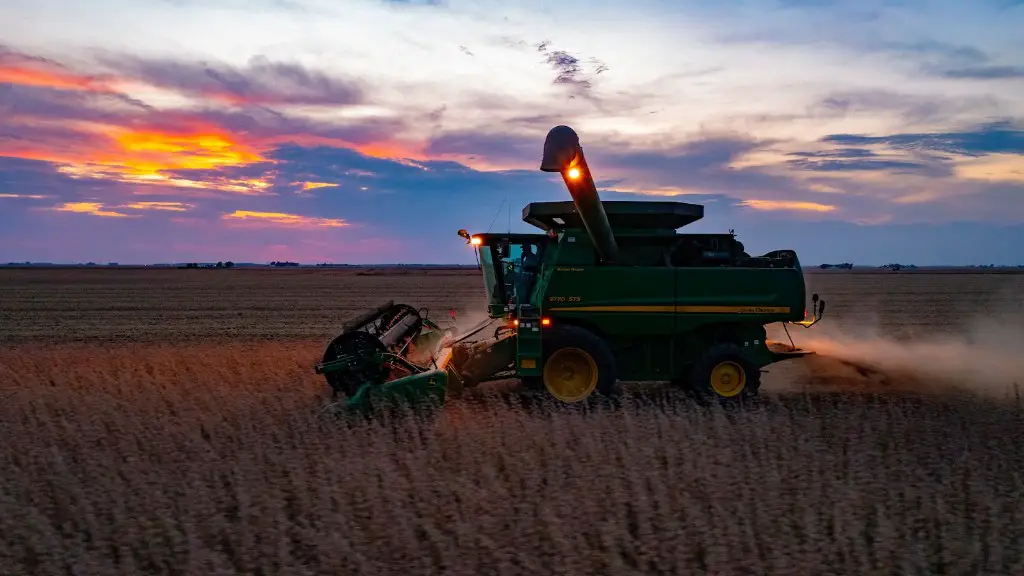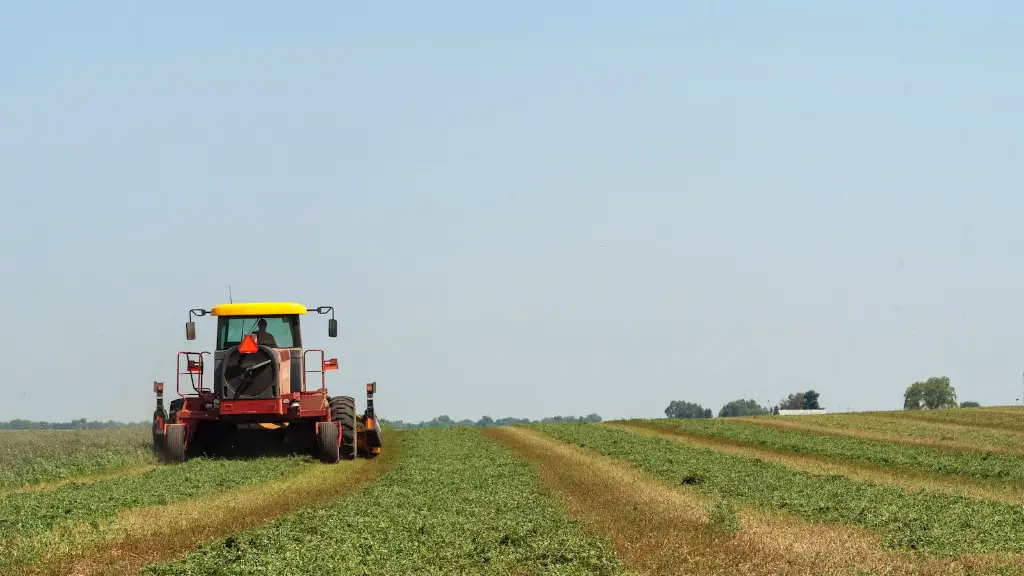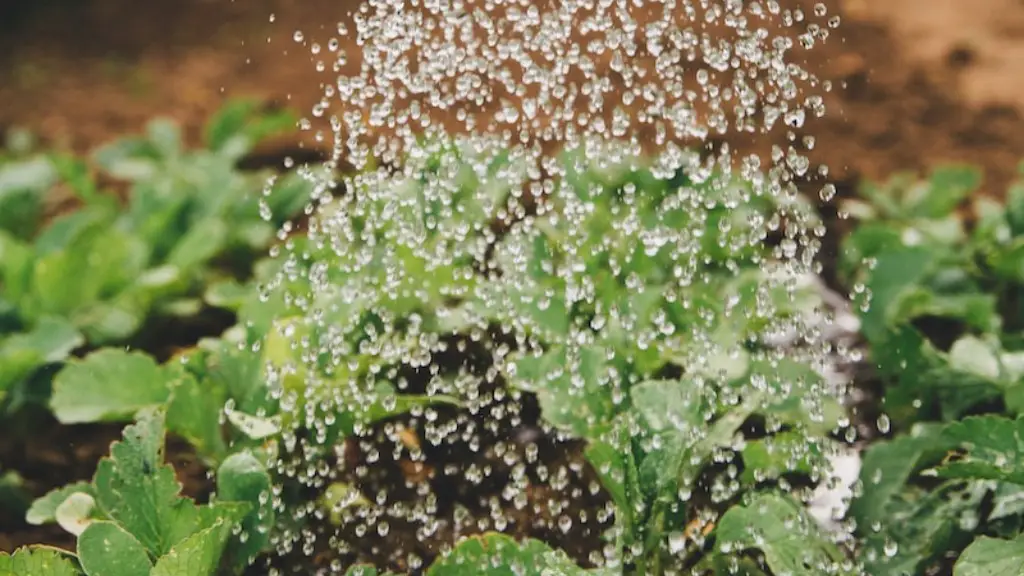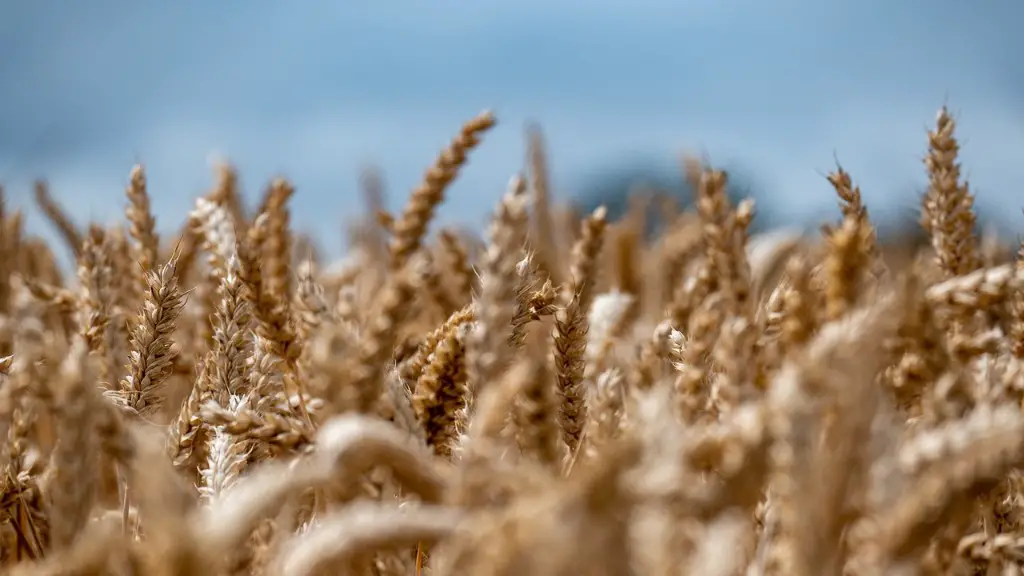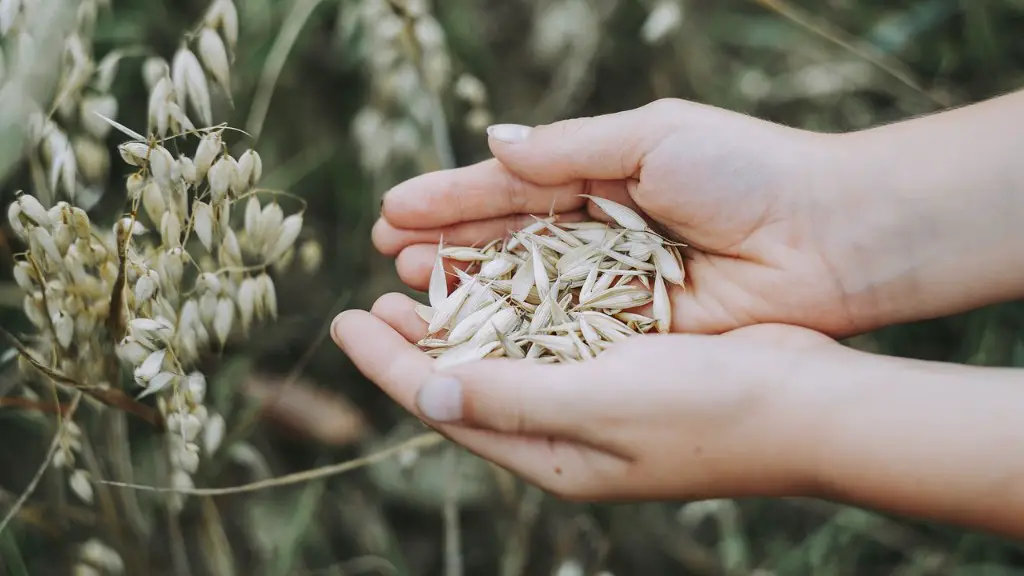Privilege motion is important to agriculture for a variety of reasons. Firstly, it enables farmers to maximise their crop yield. By being able to move machinery or animals within fields or across land, farmers can quickly and accurately cover large areas and make sure their land is as productive as possible. Secondly, it allows farmers to transport vital goods and materials to where they are needed most. Soil types, fertilisers and other essential goods can be moved swiftly around a farm and measures can even be taken to reduce losses due to spillage and delay. Thirdly, it increases safety on farms. By introducing pro-active motion policies, farmers can reduce the risk of accidents and help keep their staff and animals safe. Fourthly, it can improve the maintenance of farm machinery. Properly organised and regular checks and maintenance visits can ensure that farmers’ equipment is kept in top condition, reducing the risk of expensive repair bills. Fifthly, it gives farms a competitive edge. By optimising the movement of resources and personnel, farmers can increase their efficiency and effectively out-compete their rivals. Lastly, it can reduce the environmental impact of farming by helping to streamline the use of natural resources and land.
Crop rotation benefits
Harnessing the power of privileged motion is essential for any successful farm to take advantage of crop rotation. Crop rotation involves regularly changing the type of crops grown in each field of a farm. This helps to break pest and disease cycles, increase soil fertility, and make more efficient use of water, nutrients and other resources.
By rotating crops, farmers reduce the risk of pest build-up, as moving the crops from field to field reduces the chances of pests becoming concentrated in one area. This, in turn, reduces the need for pesticide use and helps maintain soil fertility and soil nutrition.
Furthermore, rotating crops also makes it easier for farmers to vary the types of crops grown throughout the year, ensuring a continuous supply of food and further diversifying their income streams.
Finally, optimised privileged motion through crop rotation also helps to improve water use and water recycling. By adapting rotation cycles to time of year, farmers can take advantage of seasonal variations in rainfall and make sure that their fields are watered as efficiently as possible, minimising wastage.
Farm mechanisation benefits
The use of farm mechanisation, combined with privileged motion, can dramatically improve the productivity of a farm. By equipping the farm with the latest technologies, such as tractors, harvesters and other machines, farmers can make the most of their resources and energy.
Using machines to carry out labour-intensive tasks such as harvesting and planting, farmers can free up time for other activities, such as marketing, customer service and other business-related tasks.
Mechanisation also helps to reduce fatigue among farm staff. By taking the burden of performing repetitive tasks off human workers, mechanisation greatly reduces the need for intensive labour and helps keep workers in good health and happy. Furthermore, this helps to reduce the number of physical injuries on a farm, reducing the risk of long-term damage.
Finally, farm machinery helps to improve the efficiency of the farming process. With machines able to cover large areas quickly and accurately, farmers can make the most of their resources and make sure that they are taking maximum advantage of their land.
Water management benefits
Privilege motion also plays a vital role in proper water management. By using measures such as rainwater harvesting, water recycling and efficient irrigation systems, farmers can reduce their reliance on water resources and make sure that natural water supplies are put to maximum effect.
Harvesting rainwater helps to reduce the need for expensive irrigation methods, while recycling makes sure that water is used more efficiently. By setting up strategically placed dams and canals, farmers can ensure that fresh water is being used to maximum effect and can reduce the amount of runoff from their fields.
Furthermore, efficient irrigation systems can make sure that water is being spread evenly across a farm, reducing runoff and making sure that plants are receiving sufficient amounts of moisture. Privileged motion also helps in this regard by providing the necessary infrastructure for farmers to attach the network of pumps and pipes required for effective water management.
Finally, privilege motion helps to ensure that the water resources of a farm are properly replenished. Farmers can monitor the water levels in their ponds and rivers, as well take steps to secure natural water flows and make sure that their trees and vegetation get enough water.
Equipment maintenance benefits
Finally, privilege motion can help farmers to more effectively maintain their farm machinery and equipment. Depending on the type of farming they do, farmers may need to invest in a range of machinery, from tractors to combine harvesters and beyond.
By setting up a system of privileged motion, farmers can ensure that their machinery and other equipment is regularly inspected and maintained. Regular servicing of equipment helps to ensure that it is kept in good working order, minimising the risk of breakdowns or expensive repairs.
Farmers can also use privileged motion to keep track of the parts and pieces that make up their machinery, helping to reduce the risk of equipment becoming worn out or unusable due to wear and tear. For example, frequent maintenance visits can help to ensure that drive belts are not worn out, reducing the chances of unexpected breakdowns.
Finally, privilege motion can help farmers to adapt and adjust their farming techniques to take advantage of current conditions. Having efficient movement of resources and personnel enables farmers to quickly change their methods and location for maximum efficiency, helping to ensure that their yield remains high and their income stays steady.
